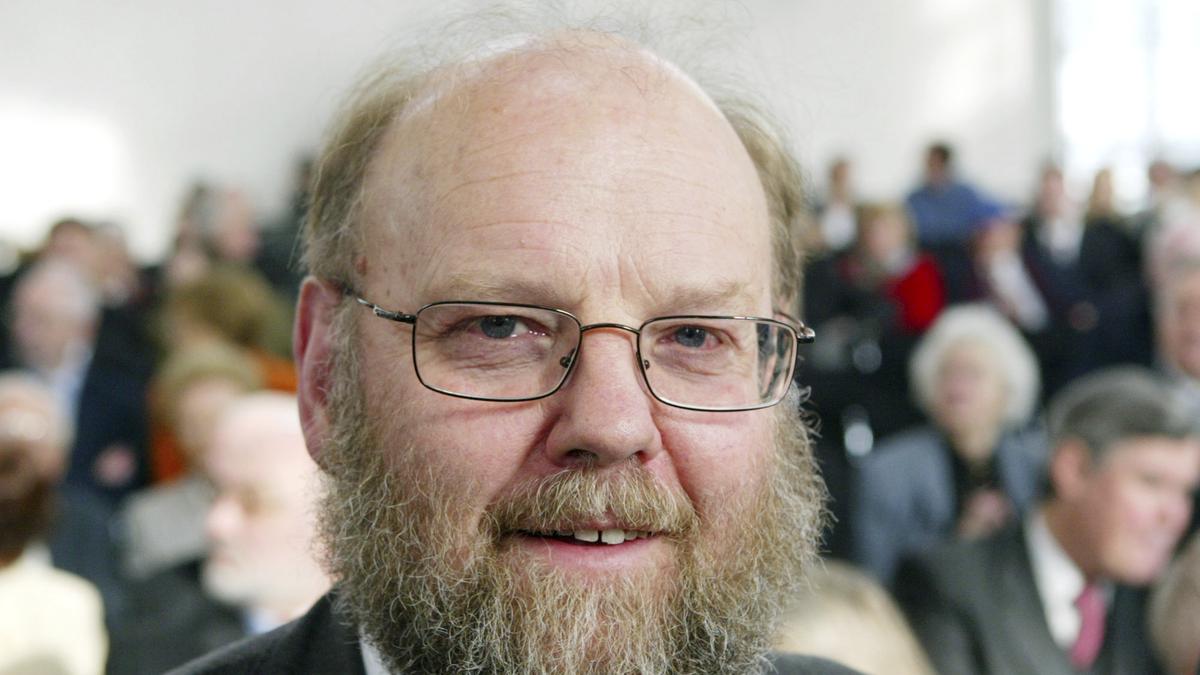
Ian Wilmut, a British scientist who led the team that cloned Dolly the Sheep, dies at age 79
The Hindu
Sir Ian Wilmut, cloning pioneer, dies at 79. He created Dolly the Sheep in 1996, sparking global discussion on cloning ethics. His work at the Roslin Institute for animal biosciences was critical to research on regenerative medicine, gene editing, and cloning of animals, humans, and extinct species. He was knighted in 2008 and retired in 2012. His legacy continues to fuel advances in the field of regenerative medicine.
Ian Wilmut, the cloning pioneer whose work was critical to the creation of Dolly the Sheep in 1996, has died, the University of Edinburgh in Scotland said on September 11. He was 79.
Wilmut set off a global discussion about the ethics of cloning when he announced that his team at the university's Roslin Institute for animal biosciences had cloned a lamb using the nucleus of a cell from an adult sheep.
Initially referred to as “6LL3” in the academic paper describing the work, the lamb was later named Dolly, after the singer Dolly Parton.
The lamb's cloning was the first time scientists were able to coax a mature adult cell into behaving like a cell from a newly fertilized embryo in order to create a genetically identical animal.
While Dolly's creation was heralded as a revolution by some scientists, it unnerved many, with critics calling such experiments unethical.
The year after Dolly's creation, US President Bill Clinton imposed a ban on the use of federal funds for human cloning but stopped short of banning all cloning research.
Dolly's creation prompted other scientists to clone animals including dogs, cats, horses and bulls. Dolly also spurred questions about the potential cloning of humans and extinct species.

The Leela Palace Chennai presents the seven edition of Shefs at The Leela in collaboration with ‘Dean With Us’ — the mother-daughter duo of Rupali and Akansha Dean. The event honours the transformative role of Indian women chefs who are shaping the future of gastronomy. After past editions hosted across Bengaluru, Gurugram, Chennai, and Jaipur, the seventh edition in Chennai will bring together four women chefs — Sambhavi Joshi, Taiyaba Ali, Sehaj Ghuman and Bunuma Patagiri, who will bring their years of expertise into curating a menu that speaks both of their work and India’s diverse culinary heritage.





















 Run 3 Space | Play Space Running Game
Run 3 Space | Play Space Running Game Traffic Jam 3D | Online Racing Game
Traffic Jam 3D | Online Racing Game Duck Hunt | Play Old Classic Game
Duck Hunt | Play Old Classic Game










